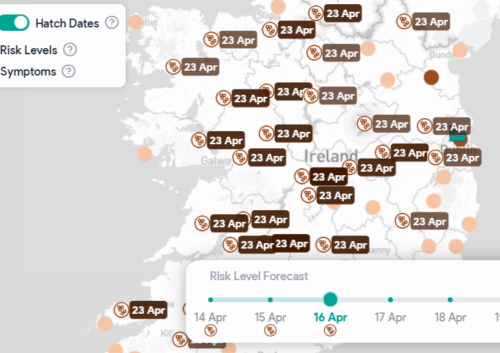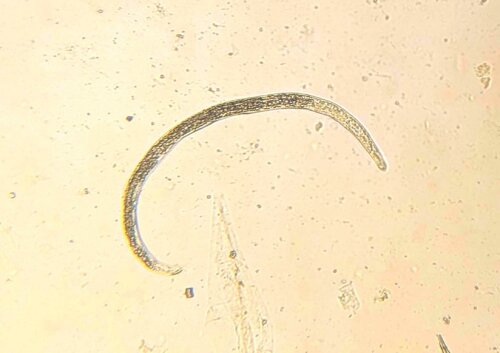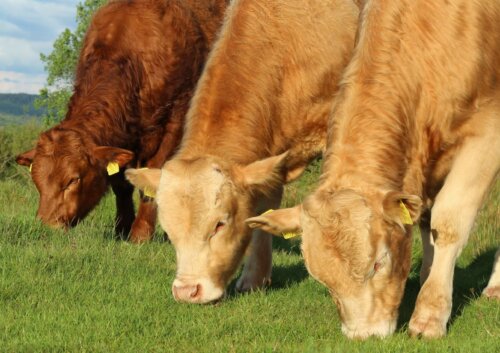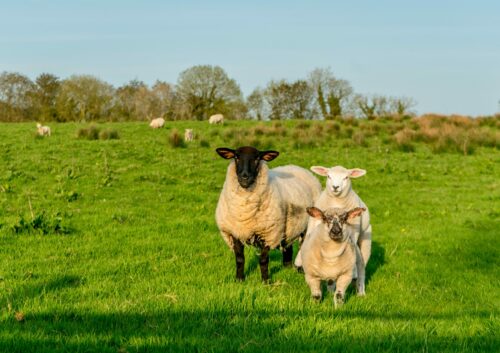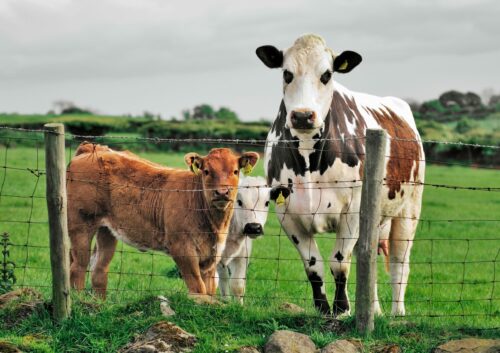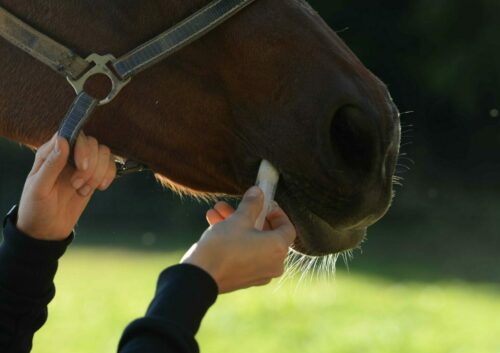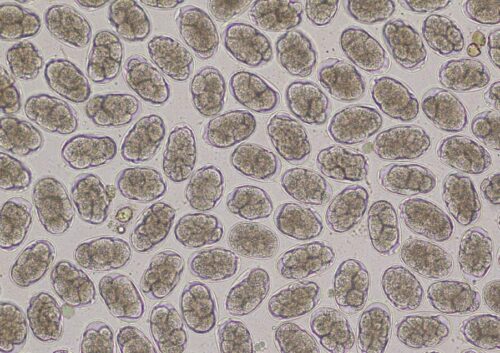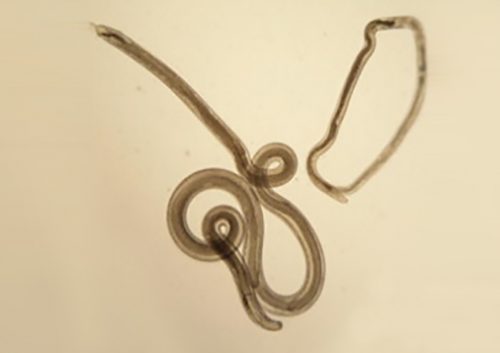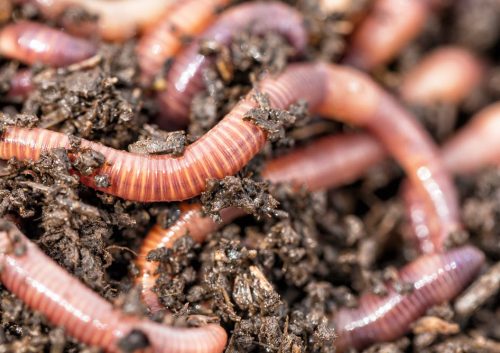They are basically a mouth and an anus and that’s it. But how very important they are to our ecosystem and land.
Firstly, earthworms are everywhere. Within 1 hectare of land, you can find anywhere between 100,000 to 100,000,000 earthworms. Combined that weighs 100kg to 1,000kg.
There are three main types of worms. Those that live on the surface, others that fed and dwell in the soil while the third group burrows deep into the ground, coming up to the surface occasionally to feed on dead leaves.
There are things that most of us know about the common earthworm, such as;
- Bringing rich nutrients down into the soil.
- Providing proteins to the soil.
- Loosening up of the soil.
- Aiding the growth of the roots of plants.
- Allowing water to get down into the soil.
- They also serve as very nutritious food to many animals such as birds and hedgehogs.
But what don’t we know about earthworms?
Well, each earthworm is both male and female, meaning they produce both eggs and sperm.
Earthworm mating season is in September/October. Where they lay these eggs which are cocooned larvae until they hatch into a very small worm. These eggs live in the top 5cm of the soil and can survive 2-3 years before hatching.
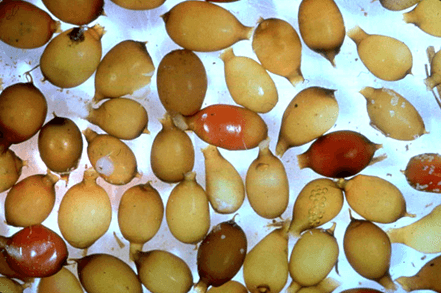
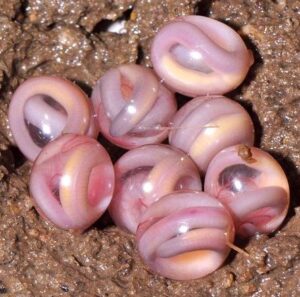
However, the number of earthworms is declining. This is a cause for concern as it has already begun to affect crop yields, as well as the thrush, songbird, population. But why are earthworms beginning to decline? It is largely believed that tillage is affecting the worm population. The damaging effects of a diminishing worm population can mean a lower crop yield, less grass, loss of carbon from the soil. The regular vibration of the ground and the overturning of the surface of the soil is a cause for the diminishing surface worm population.
In a study done in the UK; “Researchers asked farmers to dig pits in their fields and count the number of worms of each type they found. The average field had nine per spade-full. But the best fields with healthy soil had three times that number. More than half the farmers were so alarmed by the results they pledged to change their practices.” – The Guardian


